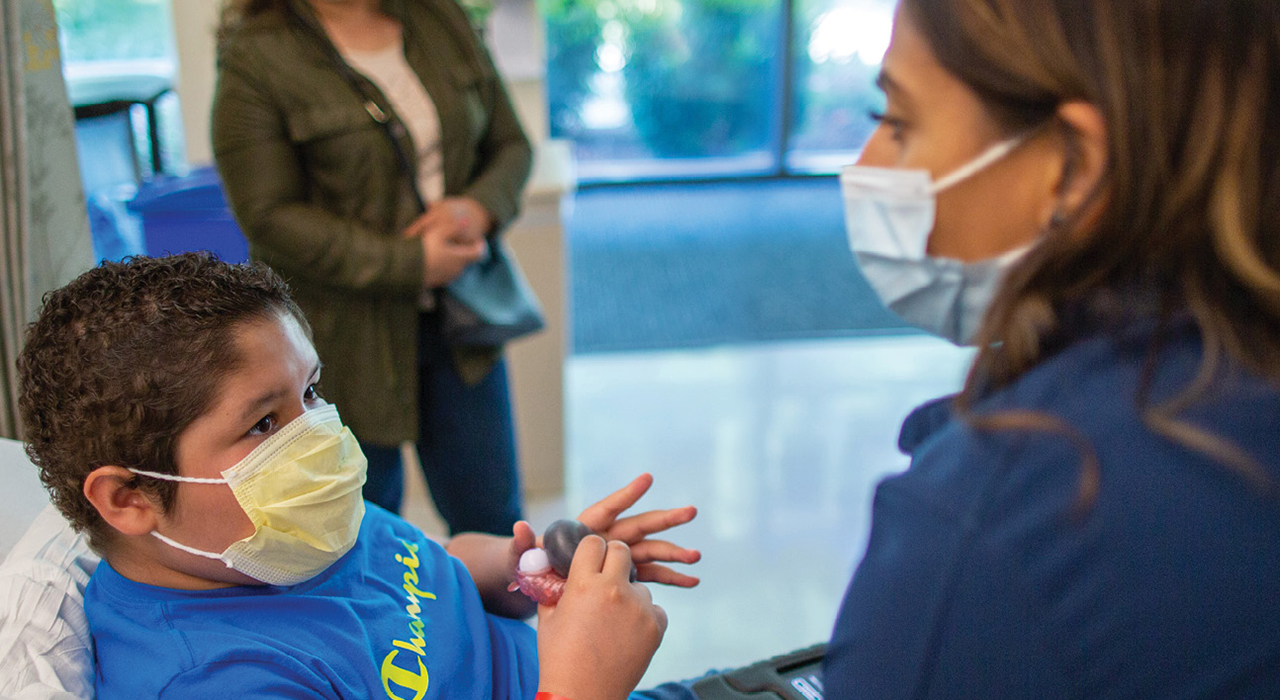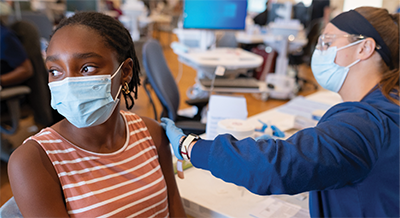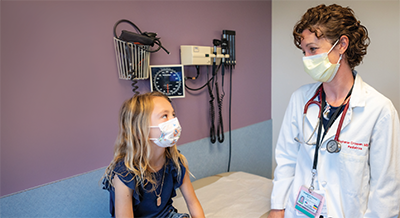Cancer Center to help improve national guidelines
The UC Davis Comprehensive Cancer Center has been elected the newest member institution of The National Comprehensive Cancer Network® (NCCN®), a nonprofit alliance of 31 leading cancer centers that helps to create national clinical practice guidelines. As part of NCCN, the cancer center will now appoint subject matter experts to join more than 1,600 multidisciplinary members across 60 panels responsible for more than 80 clinical practice guidelines (NCCN Guidelines®).
Decrease in youth smoking thanks to rise in tobacco sales age
UC Davis Comprehensive Cancer Center researchers Melanie Dove, Susan Stewart and statewide tobacco-cessation program leader Elisa Tong examined the impact of smoking patterns before and after California implemented one of the first tobacco 21 (T21) policies in 2016. The findings published in Preventive Medicine showed that the new T21 law was associated with a greater decrease in smoking, at least when it came to daily smoking, in 18-20-year-olds compared to 21–23-year-olds in California. Our experts continue to educate children, teens and parents on the dangers of smoking and addiction.
Learn & Lounge series empowers adolescents, young adults
This past February, the UC Davis Comprehensive Cancer Center’s Adolescent and Young Adult (AYA) program teamed up with the UCLA Health AYA program to create a Learn & Lounge series, a virtual meetup that convenes monthly. The series provides support and a safe space for patients and survivors to connect and discuss topics such as relationships with family and friends, school struggles, career goals and fertility problems.
Cancer risk higher in children with Down syndrome
Researchers at UC Davis Health and UC San Francisco have found that the risk of childhood acute myeloid leukemia (AML) is higher than expected in children diagnosed with Down syndrome. The new large-scale study published in The Journal of Pediatrics showed a higher risk of AML before age 5 and a higher risk of acute lymphoblastic leukemia (ALL) regardless of age. With these findings, researchers have urged parents with Down syndrome children to keep an eye for signs of leukemia.






